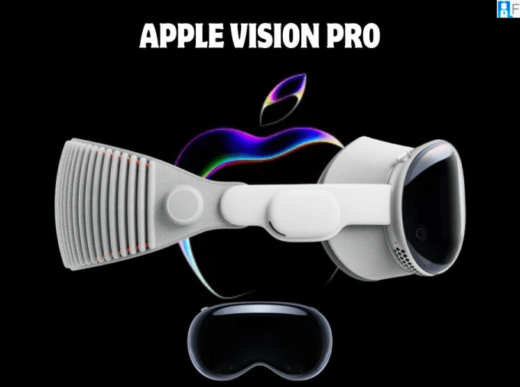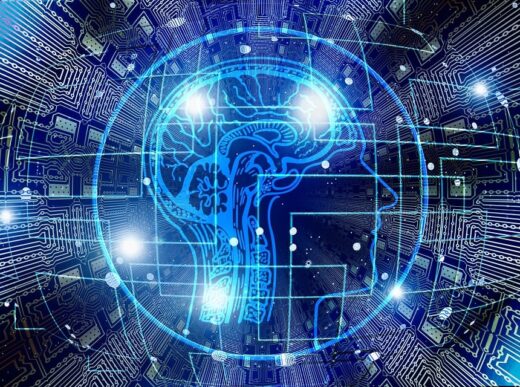Marketing has evolved a great deal over the last few decades, to the point where looking at the beginning of the 20th century shows a completely different form of marketing development. Advertising has changed with the times and with technology, but no one could have predicted that things would change so drastically.
Keeping this in mind, it is a wonder where the industry will go. Many believe that marketing will only go along the path that it has already traveled, but the most forward-thinking of business owners see what the future holds: AI solutions and development. Once the realm of science fiction, AI is quickly becoming a major factor in business development.
The digital age ushered in the internet, where marketers were able to directly reach out to their target audience with unprecedented ease. Then social media took the world by storm, and marketing was able to use platforms like Facebook and Twitter to foster communities that would cause companies to reach new levels of public awareness. This, coupled with massive developments in Smart Phone technology, has created a veritable revolution in the marketing industry.
It is easy to get easily lost in the veneer of AI, particularly when major companies like Meta are constantly in the news with their own developments. Complex algorithms and diverse approaches can often intimidate newer entrepreneurs and confuse users. However, AI development is creating an environment that will allow any industry to succeed despite the complexity. Recognizing this, it is no wonder that many of the biggest players in the field have led a massive level of investment and innovation in the developing AI field.
AI allows marketing to increase its footprint and reach beyond what a typical marketing company has been able to achieve by itself. Unparalleled flexibility in its ability to reach clients, administer campaigns, and analyze data gathered from websites and user engagement means that AI solutions are able to perform multitudes of roles without a company having to spend extra resources and manpower to meet the demands of the modern era.
AI leveraging in this industry is made all the more obvious of development when one considers the impact of social media. While advertisers and marketing companies have been utilizing social media for years, the fact of the matter is that it is not possible to reach every user every time with the right ads. Oftentimes a more blanket approach must be taken for advertising on social media platforms, or leveraging communities that have been formed around specific brands in order to keep people’s interest. AI is able to do more than this because these programs are able to reach farther than any single employee can.
Consider analytics. Analytics are the most important part of any modern advertising campaign because it showcases how people react to the campaigns through user engagement. How many clicks, how many views, how many links were followed: the numbers are combined to form the sum of success for every ad in a campaign, and a campaign that fails to achieve this level of user engagement is one that is doomed to failure.
What AI is able to do is examine this sum by the second in real-time and potentially react with different advertisements to replace the failing ones, or push the succeeding ones over its less successful contemporaries. This has the added benefit of removing the human error factor from the work, as a person can easily miss these numbers or continue to support a campaign that is not attracting the right amount of user engagement.














